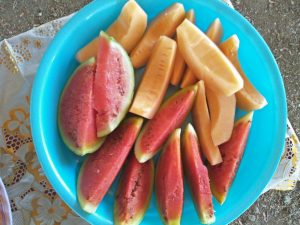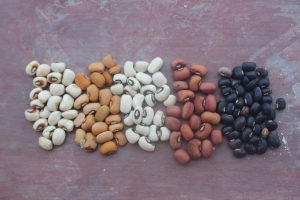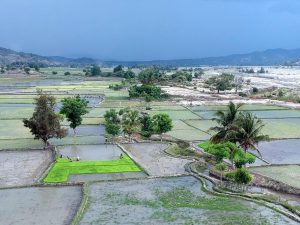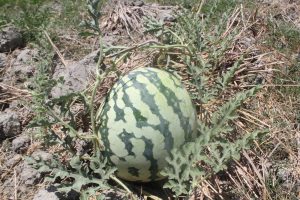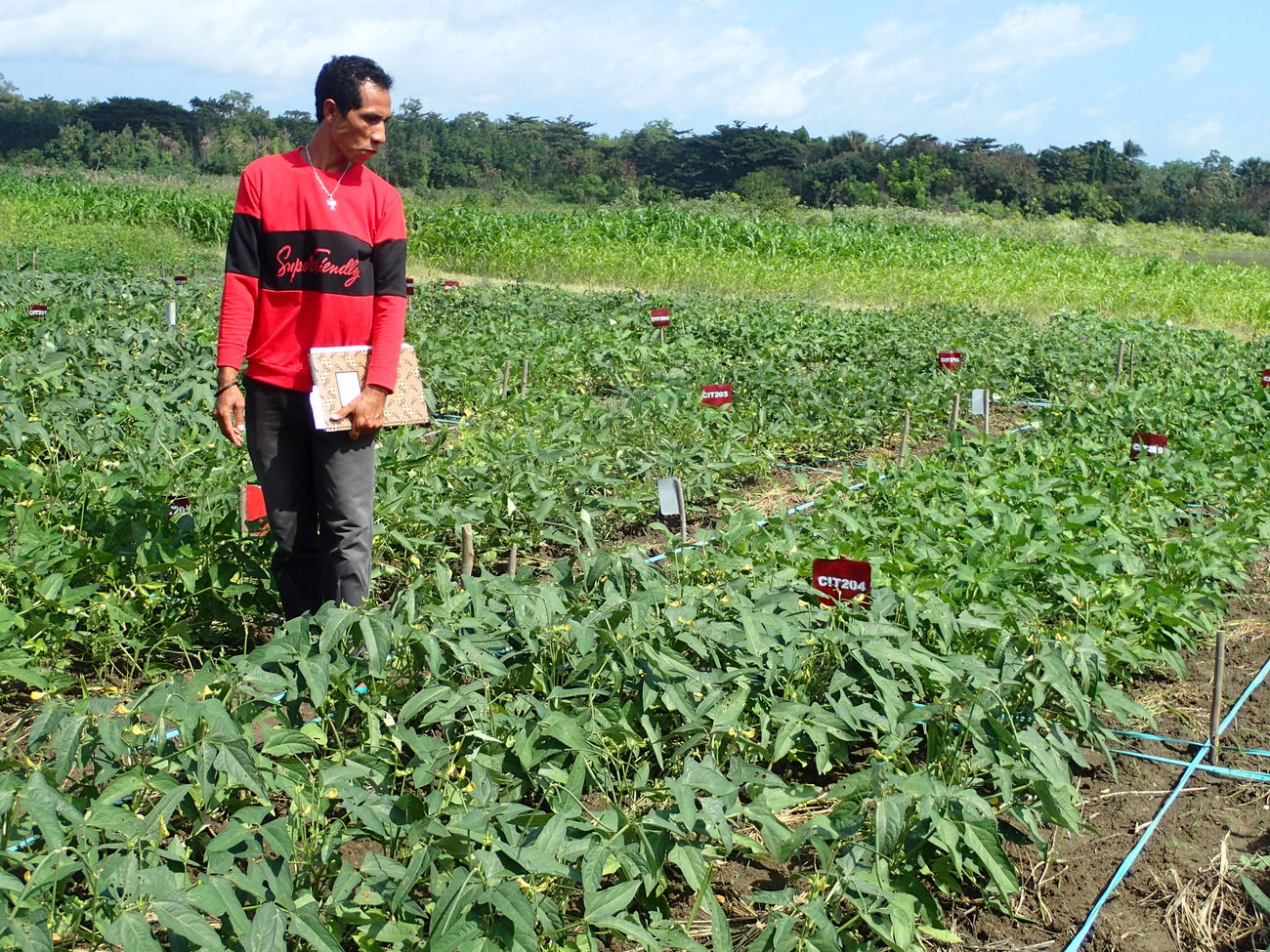AI-Com researchers and Ministry of Agriculture and Fisheries staff have this week made progress towards the establishment of a germplasm collection of sandalwood trees at Natarbora — an important early step in establishing a new sandalwood research nursery for the production of high-quality local sandalwood.
Over the past months, 200-gram samples of sandalwood seeds have been collected from 13 different sucos from across Timor-Leste. These seeds will be raised into seedlings in a shade house before being planted out in the sandalwood research plantation — a key pillar of AI-Com’s efforts to protect and promote sandalwood’s ecological, economic and cultural significance in Timor-Leste.
AI-Com has partnered with an experienced local family-owned nursery at Abatoan, near Natarbora, to raise seedlings from the collection, which will be used to populate the sandalwood plantation — located at the Natarbora Technical Agricultural High School, near Timor-Leste’s southern coast.
The establishment of the sandalwood trial plantation is one of AI-Com’s key activities: aimed at evaluating and designing methods for communities to boost sandalwood production and access subsequent economic opportunities, the trial will identify good sandalwood traits for future research and development in Timor-Leste.
The plantation site at Natarbora school was selected and prepared in May, and all seed sources are expected to be potted up in July. This is considered good timing for seedling preparation — seedlings will be planted by the end of the year, giving seedings between five and six months to establish.
Excellent and rapid germination of the seeds was achieved by using the results of AI-Com research. The research showed sandalwood seeds can germinate as many as three times more in a third of the time, when soaked in a solution of GA3 — a naturally occurring plant hormone produced by seeds.
From little things plantations grow!
